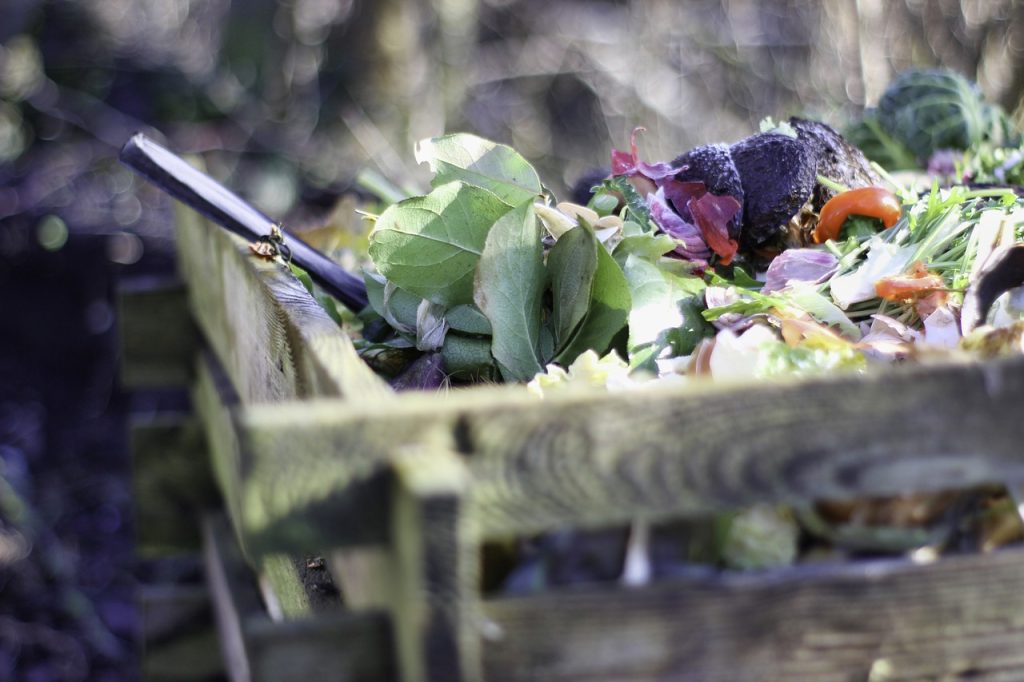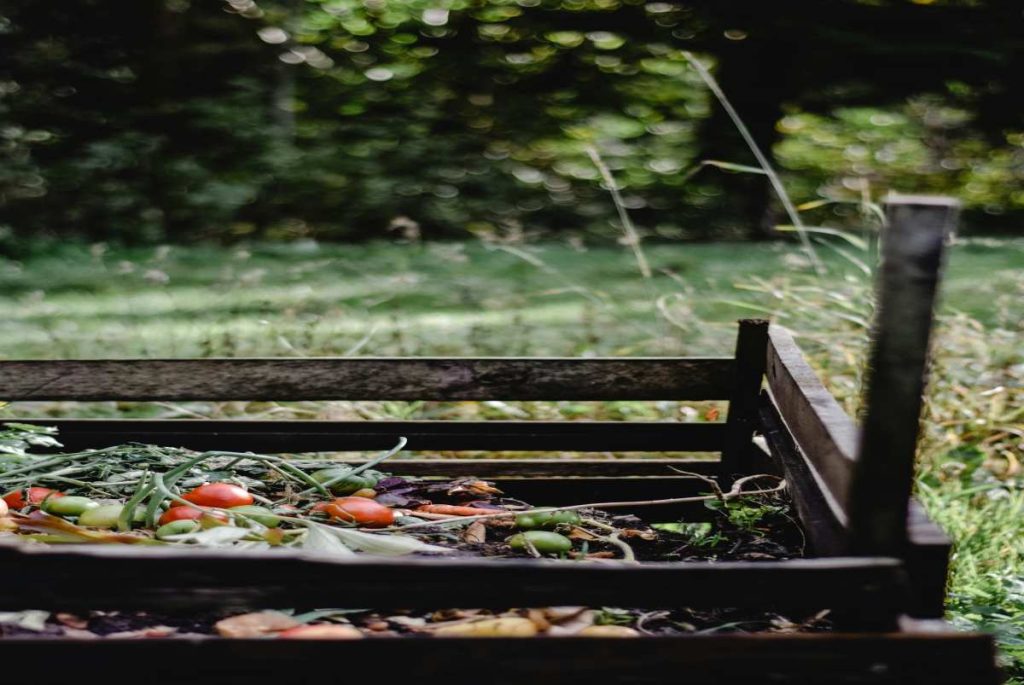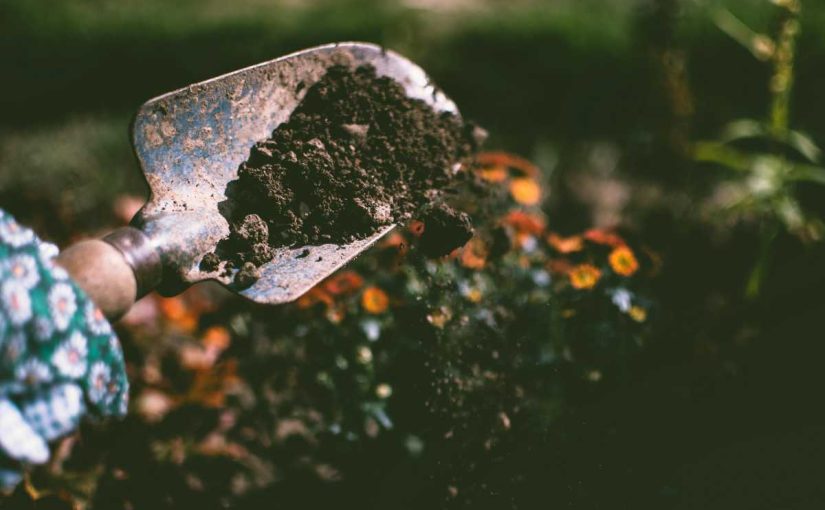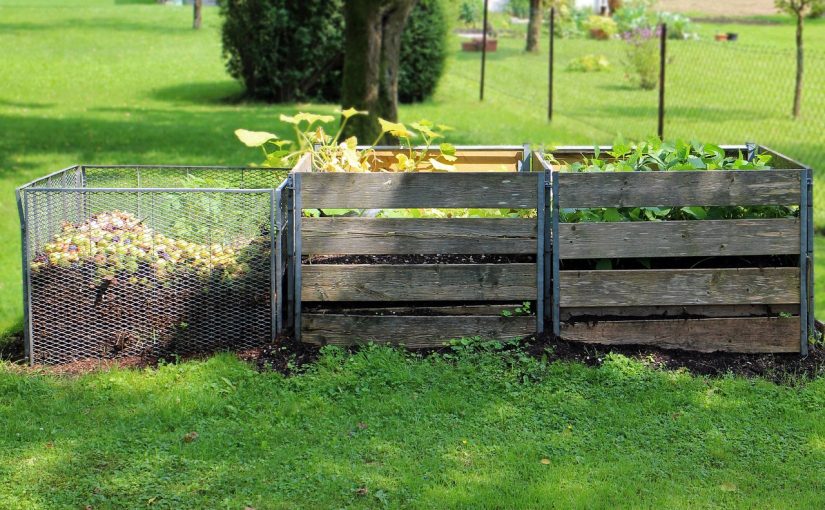Composting is an eco-friendly way to recycle organic waste into rich, fertile soil for your garden. However, sometimes you may want to speed up the process to get compost quicker and use it in your garden sooner. Fortunately, there are several strategies that can help speed up the decomposition process without compromising the quality of your compost. Here are 9 tips to accelerate composting and make the most of your organic waste.
1. Chop or Shred Materials
Why it helps: Smaller pieces of organic material break down faster than large chunks because they have a greater surface area for microbes to work on. Shredding or chopping materials like leaves, branches, and vegetable scraps will help the compost decompose more efficiently.
How to do it:
- Use a shredder for garden waste or chop large items into smaller pieces with scissors, a machete, or pruning shears. The finer the material, the faster it will decompose.
2. Maintain a Balanced Carbon-to-Nitrogen Ratio
Why it helps: A proper balance of carbon-rich “brown” materials (like leaves, straw, and cardboard) and nitrogen-rich “green” materials (like grass clippings, food scraps, and manure) is crucial for fast composting. Too much of one or the other can slow the process down.
How to do it:
- Aim for a carbon-to-nitrogen ratio of about 30:1. If the pile is too green (too much nitrogen), add more brown materials like leaves or straw. If it’s too brown (too much carbon), add more nitrogen-rich materials like fresh grass or food scraps.
3. Turn the Pile Regularly
Why it helps: Turning the compost pile every few weeks introduces oxygen, which is essential for aerobic decomposition. Oxygen helps bacteria and fungi break down organic materials faster, speeding up the composting process.
How to do it:
- Use a pitchfork or compost aerator to turn the pile every 2-3 weeks. Aerating helps prevent the compost from becoming too compacted, and it accelerates decomposition by promoting the growth of oxygen-loving microorganisms.
4. Keep the Pile Moist
Why it helps: Decomposition requires moisture, but the compost pile should not be too wet or too dry. If the pile is too dry, the microorganisms can’t break down materials efficiently. If it’s too wet, the pile can become anaerobic, slowing down the process and creating foul odors.
How to do it:
- Keep the compost pile as damp as a wrung-out sponge. If it’s too dry, add water while turning the pile. If it’s too wet, add more dry materials (like straw or leaves) to absorb excess moisture.
5. Add Compost Activators
Why it helps: Compost activators are materials that help to jumpstart the composting process. They are often rich in nitrogen, which encourages microbial growth and accelerates decomposition.
How to do it:
- You can buy commercial compost activators, or use natural sources like manure, fresh grass clippings, or kitchen scraps. These materials will boost microbial activity and speed up the process.
6. Use a Compost Bin or Tumbler

Why it helps: Using a compost bin or tumbler helps to contain the compost and manage temperature and moisture levels more easily. Tumblers allow for better aeration, and because they’re enclosed, they trap heat, which speeds up the breakdown of organic materials.
How to do it:
- Invest in a compost tumbler, which makes it easy to rotate the pile. A good tumbler can reduce composting time significantly by maintaining an optimal environment for microbial activity.
7. Increase the Pile’s Size
Why it helps: Larger compost piles retain heat more effectively, which speeds up the breakdown of organic materials. A larger pile also creates a better environment for microorganisms to thrive.
How to do it:
- Aim for a compost pile that’s at least 3 feet by 3 feet. Larger piles generate more heat, which accelerates decomposition. If your pile is too small, the composting process will be slower.
8. Include More Nitrogen-Rich Materials
Why it helps: Nitrogen-rich materials, such as food scraps, grass clippings, and manure, help to heat up the compost pile and support rapid microbial growth. More nitrogen leads to faster decomposition.
How to do it:
- Add more green materials like vegetable scraps, coffee grounds, and fresh grass clippings. Just make sure to balance them with enough brown materials to maintain the carbon-to-nitrogen ratio.
9. Maintain the Right Temperature
Why it helps: Composting is a heat-driven process. A temperature of 130°F to 160°F (55°C to 71°C) is ideal for quick decomposition. The higher the temperature, the faster the composting process.
How to do it:
- Use a compost thermometer to monitor the temperature of your pile. If it falls below 130°F, turn the pile to introduce more oxygen. If it’s too hot, add more carbon-rich materials to cool it down.
Conclusion
By implementing these nine tips, you can speed up your composting process and create nutrient-rich compost in a fraction of the time. Properly balancing your materials, maintaining moisture, turning the pile regularly, and monitoring the temperature will ensure a faster, healthier composting process. With a little attention to detail, your compost will break down quickly and be ready to use in your garden sooner, providing your plants with the best possible soil.




